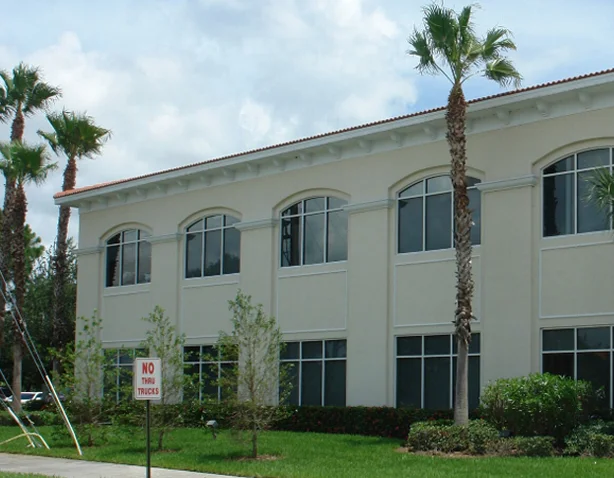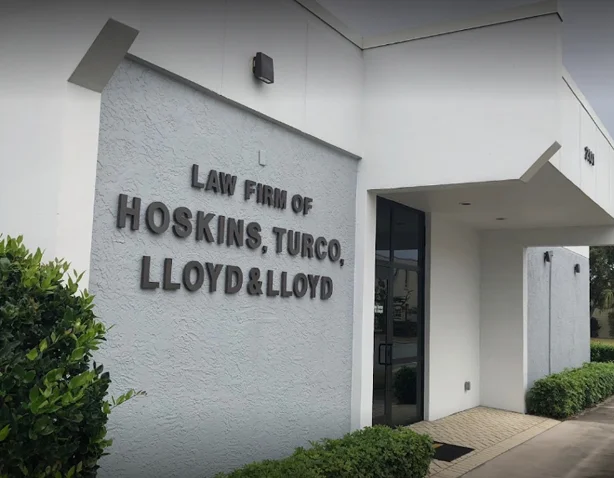Social Security Disability Insurance (SSDI) is a crucial government program designed to provide financial support to individuals who are unable to work due to a disability. This safety net offers a lifeline to those who may have paid into the Social Security system through payroll taxes but find themselves unable to work due to a severe medical condition. To qualify for SSDI benefits, individuals must meet certain eligibility criteria. In this blog, we will help you understand the eligibility requirements for SSDI.
How do you qualify for SSDI?
Meeting the eligibility requirements for SSDI involves multiple factors. The application process can be challenging, and many applicants face initial denials, but persistence and appropriate documentation can lead to a successful claim. Understanding these eligibility requirements is the first step in accessing the financial support you may need during a difficult period of disability.
1. You must have sufficient work credits
The primary eligibility requirement for SSDI benefits is having earned sufficient work credits through your employment. Work credits are essentially a measure of your work history and are based on your earnings and the number of years you have worked. The exact number of work credits required depends on your age at the time you become disabled. In general, you need 40 work credits, with 20 of those credits earned in the last 10 years leading up to your disability.
If you are relatively young and have not had the opportunity to accumulate 40 work credits, you may still be eligible if you have worked for a shorter period and earned a proportionate number of credits based on your age.
2. You must have a severe medical condition
To qualify for SSDI benefits, you must have a severe medical condition that prevents you from engaging in substantial gainful activity (SGA). The Social Security Administration (SSA) uses a strict definition of disability. Your condition must be expected to last for at least one year or result in death. It must also significantly limit your ability to perform basic work activities, such as walking, sitting, lifting, and concentrating.
The SSA maintains a “Blue Book” that lists various impairments and medical conditions that are considered severe enough to qualify for SSDI benefits. However, having a condition listed in the Blue Book is not the only way to qualify; if your condition is not listed, you can still be eligible if you can demonstrate its severity and impact on your ability to work through medical evidence.
Want to know if your condition is in the SSA Blue Book? Find out here.
3. Your income is below a specified threshold
The SSA evaluates whether you are engaged in substantial gainful activity (SGA) when determining your eligibility for SSDI benefits. SGA refers to any work that generates a certain level of income. If you are earning income above the SGA threshold, you are generally not eligible for SSDI benefits. The program is intended for individuals who cannot engage in substantial work due to their disability.
The SGA threshold is adjusted annually, so it’s essential to stay informed about the current income limits to ensure you meet the eligibility requirements. For 2023, the SGA limit for someone on SSI is the same as it is for SSDI: $1,470 a month if you’re not blind and $2,460 if you are. However, since the maximum monthly SSI check is $914 for individuals and $1,371 for couples in 2023, earning above those limits could mean losing SSI benefits.
4. Your disability must be expected to last for at least one year
Your disability must be expected to last for at least one year to be eligible for SSDI benefits. The SSA assesses the duration of your disability when reviewing your application.
5. Your application is approved
To apply for SSDI benefits, you will need to submit a detailed application to the Social Security Administration. The application process involves providing substantial medical documentation, including medical records, doctor’s reports, and test results, to demonstrate the severity and expected duration of your disability.
It’s important to note that the application process can be complex and time-consuming, and many initial applications are denied. If your application is denied, you have the option to appeal the decision through a multi-level appeals process.
Let us handle the appeal process for you. Call 866-930-6435.
Receiving a denial for your Social Security Disability claim can be disheartening. But it’s important to remember that denials are not the end of the road. Many applicants go on to successfully appeal their denial and receive the benefits they deserve.
At Hoskins, Turco, Lloyd & Lloyd, our Social Security Disability lawyers have successfully appealed hundreds of denied Social Security Disability claims. We know how important it is to get government benefits as soon as possible. That’s why we will handle the appeal process for you. We’ll fight to ensure you get the compensation you need and deserve.
Speak with one of our Social Security Disability attorneys today. Call 866-930-6435 now.



